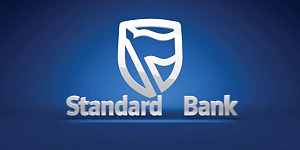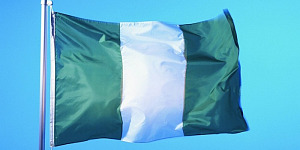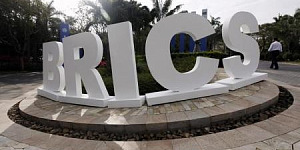Nigeria's central bank left its Monetary Policy Rate (MPR) at 14 percent, as expected, and said it was concerned "that loosening would exacerbate inflationary pressures and worsen the gains so far achieved in the exchange rate of the naira."
The Central Bank of Nigeria (CBN), which has maintained its rate since raising it by 200 basis points in July 2016, added its monetary policy committee was reluctant to alter the current policy against the backdrop of an unclear outlook for key economic activities, especially food production, some optimism about the deceleration in inflation and the relative stability of the naira.
The policy committee voted unanimously by 8 members - one member was absent - to retain the policy rate "in consideration of the challenges weighing down the domestic economy and the uncertainties in the global environment."
While the CBN welcomed the recent decline in inflation, the relative stability of the naira's exchange rate and the improved prospect of an inflow of foreign investment, it added inflation remains "significantly" above its reference band of 6-9 percent.
Nigeria's inflation rate eased to 17.24 percent in April, the third month of declining inflation, hitting the lowest rate since July 2016.
Part of the reason for decelerating inflation is due to there recent gains in the naira's exchange rate, due to the bank's interventions in the foreign exchange market, and the downward move in the prices of imported goods.
"Against this background, the Committee emphasized the need to sustain and deepen the bank's foreign exchange management policies and measures in order to reap the benefits of the pass-through to consumer prices," the CBN said.
Nigeria has suffered from a shortage of U.S. dollars since the fall in crude oil prices in 2014 and the central bank has only recently begun to ease some of its restrictions and capital controls that were imposed in 2015 to shore up the naira's exchange rate.
The official exchange rate of Nigeria's naira has been largely unchanged since August last year, trading around 315 to the U.S. dollar. In June 2016 the CBN removed its naira peg of 197 to the dollar, resulting in an immediate 30 percent drop in its value.








































